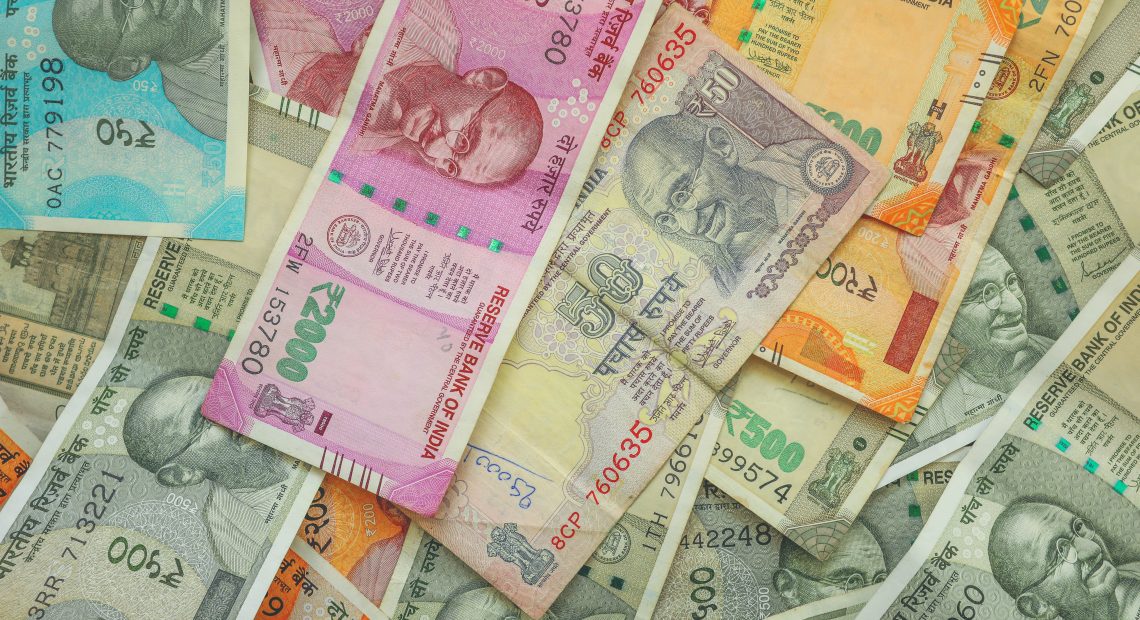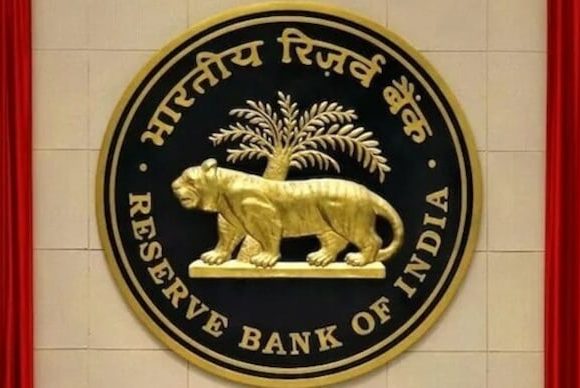
RBI May Limit Forex Interventions to Keep Rupee Competitive
The Reserve Bank of India (RBI) is expected to reduce its interventions in the foreign exchange market, allowing the rupee to depreciate and become more competitive. This move is aimed at supporting Indian exporters by making their goods and services more affordable in global markets, aligning with the long-term goal of enhancing export growth.
The rupee’s trade-weighted real effective exchange rate (REER) recently indicated an overvaluation of approximately 8%, prompting the need for this strategic adjustment. Historically, the RBI has actively intervened to stabilize the rupee, often leading to an overvalued currency that could hamper export competitiveness. By adopting a less interventionist approach, the RBI intends to let market forces determine the rupee’s value, boosting India’s trade advantage.
While this policy shift may bring benefits to exporters, it is also expected to introduce more volatility in the currency’s value. Businesses involved in international trade may need to adopt robust risk management strategies to navigate the anticipated fluctuations. On the flip side, a weaker rupee could lead to higher import costs, potentially contributing to inflationary pressures in the domestic economy.
This recalibrated approach reflects the RBI’s focus on ensuring that the rupee’s value aligns more closely with economic fundamentals. It also signifies an effort to balance the needs of exporters with the broader implications of exchange rate volatility. As global and domestic conditions evolve, the effectiveness of this policy shift will be closely watched.


















